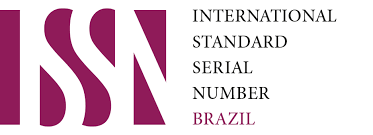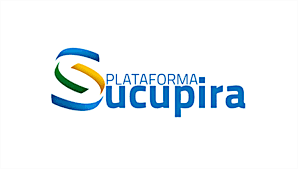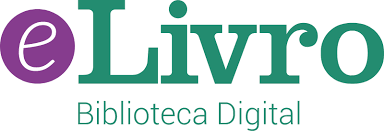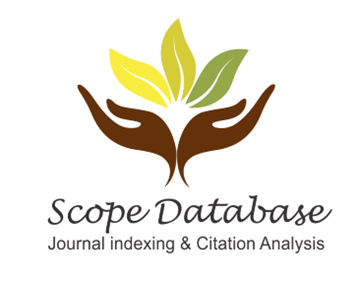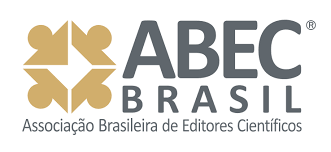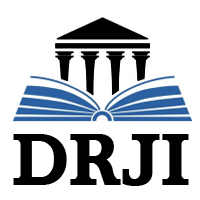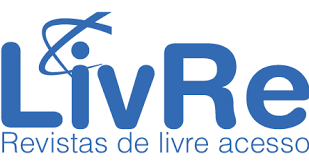HOSPITAL ACCREDITATION IN THE BRAZILIAN CONTEXT
DOI:
https://doi.org/10.47820/jht.v1i1.5Keywords:
Accreditation; Health Facility Accreditation ; Hospital Accreditation; BrazilAbstract
Introduction: Hospital accreditation aims to promote patient care and assistance and quality in the institution's sectors, aiming at process safety, integrated management and continuous improvement. Objective: to identify in Brazil in 2021 the types of establishments certified in the country, as well as their respective states, type of management and certification seals in force in the national territory. Method: Descriptive and retrospective study with a quantitative approach. The search was carried out on the website of the National Accreditation Organization in October 2021. Variables of interest were considered: types of accredited health establishments, types of certifications in force in the national territory, type of management of the accredited establishment, state and city of establishments. Results: The analyzes identified that in the month of October 2021 there are 906 certifications in the Brazilian territory. Of these, 760 (84%) of the accreditations in the national territory are private institutions and 337 (37.2%) are hospital institutions. As for the certification seal, 201 (22.1%) of the institutions are accredited (level I) and 341 (37.6%) are located in the state of São Paulo. Conclusions: It was possible to obtain a view of the accreditation certifications in force in Brazil through their characterization, in order to visualize which types of seals, establishments and states are covered with health establishments committed to quality and excellence in care.
Downloads
References
Feldman LB, Gatto, MAF, Cunha ICKO. História da evolução da qualidade hospitalar: dos padrões a acreditação. Acta Paulista de Enfermagem, 18(2),2005; 213-219. DOI: https://doi.org/10.1590/S0103-21002005000200015
Mendes GHS, Mirandola TBS. Acreditação hospitalar como estratégia de melhoria: impactos em seis hospitais acreditados. Gest Prod [Internet]. 2015: 22(3):636-48. DOI: https://doi.org/10.1590/0104-530X1226-14
Fortes MT, Mattos RA, Baptista TWF. Acreditação ou acreditações? Um estudo comparativo entre a acreditação na França, no Reino Unido e na Catalunha. Rev Assoc Med Bras. 2011;57(2): 239-246. DOI: https://doi.org/10.1590/S0104-42302011000200025
Berssaneti FT, Saut AM, Barakat MF, Calarge FA. Existe uma relação entre os programas de acreditação e os modelos de excelência organizacional? Rev Esc Enferm USP. 2016;50(4):648-55. DOI: https://doi.org/10.1590/S0080-623420160000500016
Corrêa JE, Turrioni JB, Mello CHP, Santos ACO, Silva CES, Almeida FA. Development of a system measurement model of the Brazilian hospital accreditation system. Int J Environ Res Public Health. 2018;15(11):2520. DOI: https://doi.org/10.3390/ijerph15112520
Oliveira JLC, Gabriel CS, Fertonani HP, Matsuda LM. Mudanças gerenciais resultantes da acreditação hospitalar. Rev. Latino-Am. Enfermagem. 2017;25:e2851. DOI: https://doi.org/10.1590/1518-8345.1394.2851
Alástico GP, Toledo JC. Acreditação Hospitalar: proposição de roteiro para implantação. Gest. Prod. 2013; 20(4):815-831. DOI: https://doi.org/10.1590/S0104-530X2013005000011
Brasil. Ministério da Saúde. Secretaria de Assistência à Saúde. Manual Brasileiro de Acredi-tação Hospitalar / Secretaria de Assistência à Saúde. – 3. ed. rev. e atual. – Brasília: Ministé-rio da Saúde, 2002. 108 p
Nascimento, CCP, Toffoletto, MC, Gonçalves, LA, Freitas, WDG, Padilha, KG..Indicadores de resultados da assistência: análise dos eventos adversos durante a internação hospitalar. Revista Latino-Americana de Enfermagem.2008 16, 746-751. DOI: https://doi.org/10.1590/S0104-11692008000400015
Alves, CO; Gomes EC, Dos Santos, Wllington Jorge. Impactos da acreditação hospitalar e as dificuldades para manter a qualidade nas instituições acreditadas. Revista Científica de Gestão Hospitalar, v. 1, n. 1, p. 49-59, 2019.
Downloads
Published
How to Cite
License
Copyright (c) 2022 Journal Health and Technology - JHT

This work is licensed under a Creative Commons Attribution 4.0 International License.
The copyright of published articles belongs to JHT, and follows the Creative Commons standard (CC BY 4.0), allowing copying or reproduction, as long as you cite the source and respect the authors' rights and contain mention of them in the credits. All and any work published in the journal, its content is the responsibility of the authors, and RECIMA21 is only responsible for the dissemination vehicle, following national and international publication standards.













